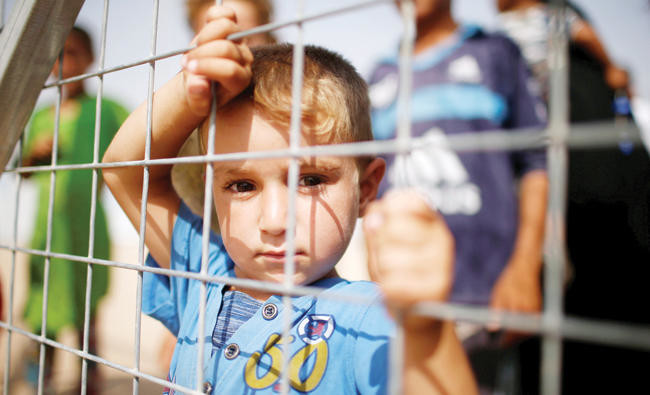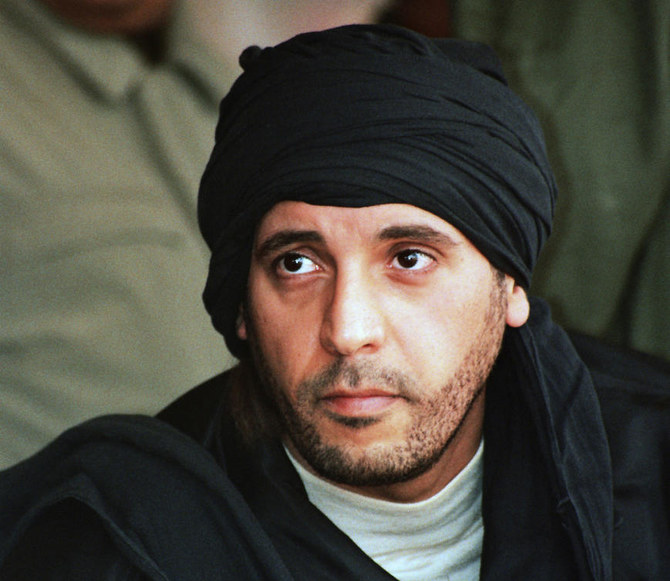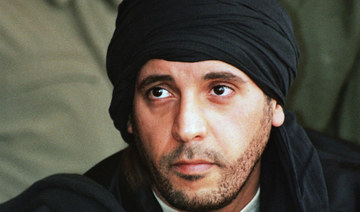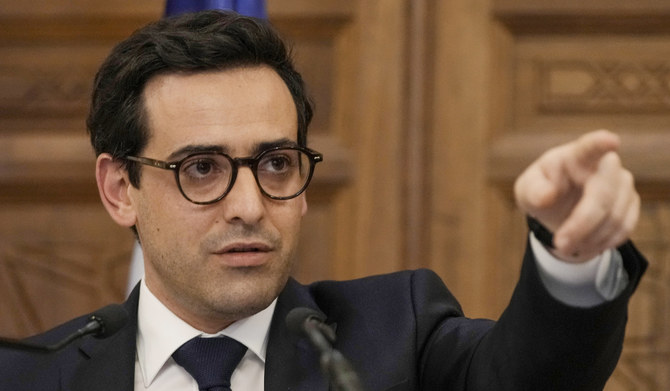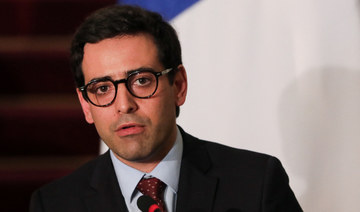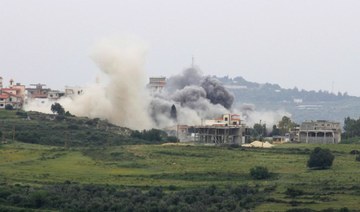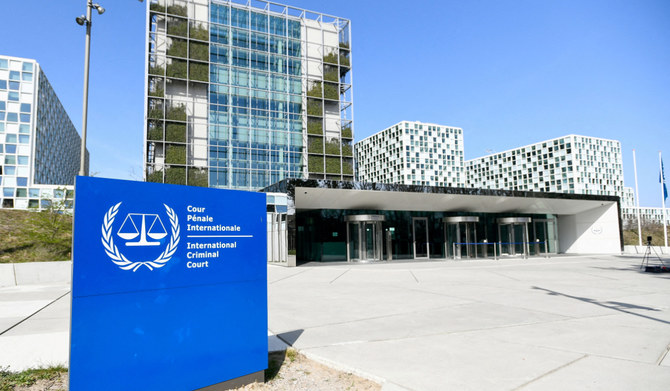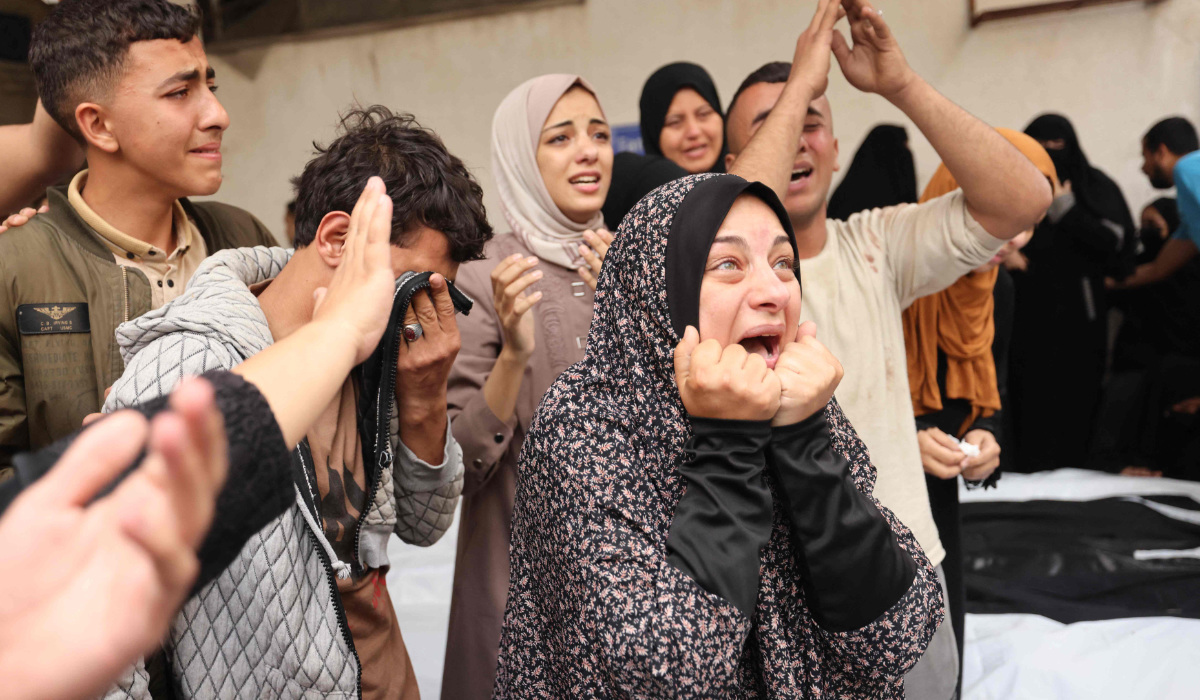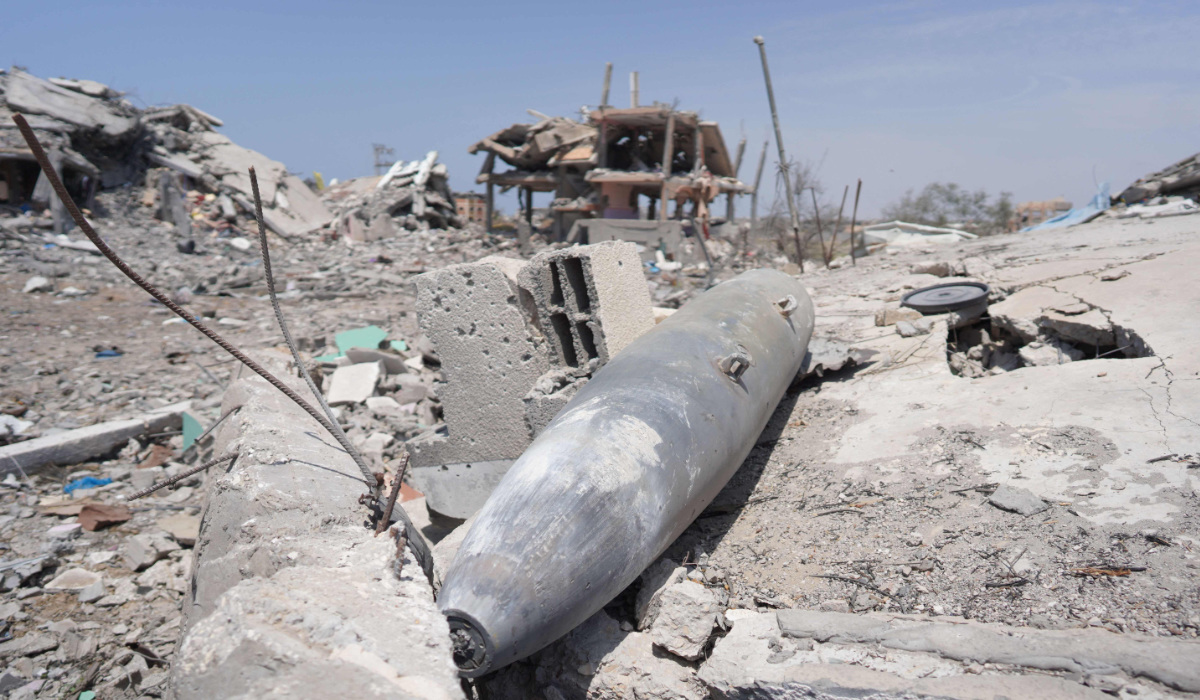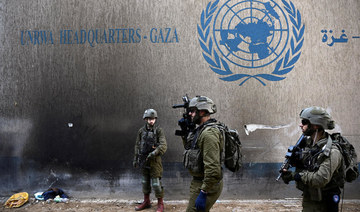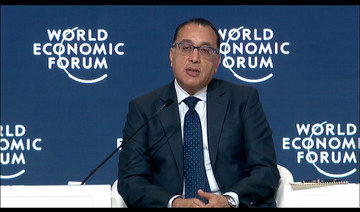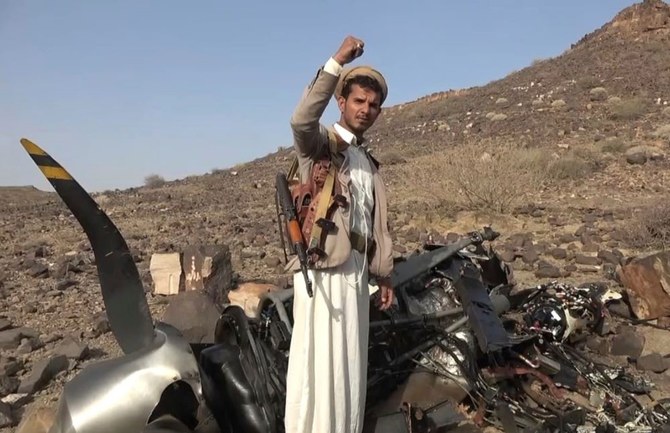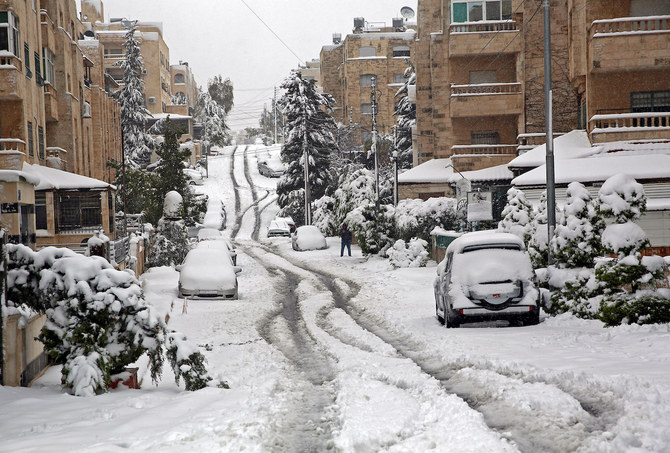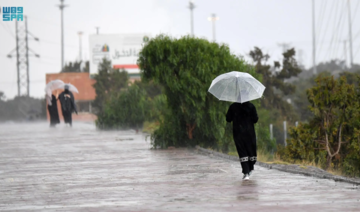MOSUL: Despite having fallen three years behind their peers elsewhere in Iraq, it’s been mostly smiles all around for the girls at Mosul’s Trablus school since it reopened its damaged gates after the terrorists fled.
With a blast from her whistle to signal the end of recess, a supervisor in a black robe and white headscarf called the teenage girls back to class, during a recent visit to the school.
The girls chatted all the way back to the classrooms, each packed with an average of 90 pupils.
In late May, the school became the first to reopen in western Mosul, as Iraqi forces pressed a sector-by-sector campaign that would finally this month expel Daesh from the whole of the country’s second city.
Several other schools have followed suit.
Under Daesh, “we had 27 pupils. Now they number 650,” said Nihad Jassem, an administrative employee at the school in the Mosul Al-Jadida district.
Its shrapnel-scarred metal gates have been covered with sheets and blankets, shattered windows let in the raging summer heat, the walls are cracked, water and electricity were only restored on Wednesday, the teachers have not been paid, and the school has a severe shortage of books — “But we’re happy!” insisted Jassem.
After three years under Daesh rule, “we want to develop, we want to be civilized again. These girls have a fresh chance,” she said.
“Their future was about to be destroyed forever.”
At the next recess, the girls, aged between 13 and 15, go back to chatting and giggling in the corridors or outside in rare spaces in the shade.
They all sport headscarves, at times with a broach or bow attached, some wearing makeup and a small number in the niqab full-face veil.
“We cater to everyone here,” Jassem said.
“We have a mission. I want them (the girls) to succeed,” said Iman Yussef, a teacher of 26 years standing, 10 of them at Trablus school.
Under Daesh rule, teachers were forced to show up or face arrest by its religious police.
“Many just ran away but those with nowhere to go had to come,” she said.
Biology, history, geography and sciences were scrapped from the curriculum, leaving only studies on Islam, and the Arabic and English languages.
“We don’t talk about those times any more. It’s like a wound that hasn’t healed, so we don’t touch it,” said Shada Shammaa, who teaches Arabic at the school.
“In any case, we are not totally rid of IS (Daesh). Some of the girls may have family members in IS.”
Behind the stream of smiles around the school, fear and sorrow sometimes come to the surface.
“We’re all happy but our happiness is not complete because we’ve all lost someone. A friend of mine was killed together with her family a few days ago in the Old City,” the last sector of Mosul recaptured earlier this month, said 15-year-old Seema Faris.
A schoolmate, Nur Kheiri, chipped in: “The other day someone apparently wanted to carry out a suicide attack on a school but was stopped in time. The government should send in soldiers to protect us.”
On the academic front, the priority for pupils aiming to become professionals one day is to catch up with their peers, as the Iraqi government has said it does not recognize schooling under Daesh, which seized control of Mosul in 2014.
In the race to catch up, schools in western Mosul, which was retaken months after the eastern sector, are operating in the summertime, with holidays canceled this year.
“We only have 40 days left before the exams and we’ve only covered half of the book,” complained Shams Maher.
“It’s very crowded and the heat is unbearable, but we don’t care. What we want is books,” said her friend Kheiri, with a cheeky smile on her face.
“My favorite subject is chemistry because that’s the only book available.”


